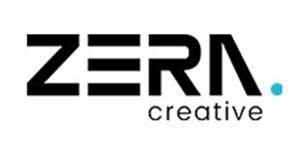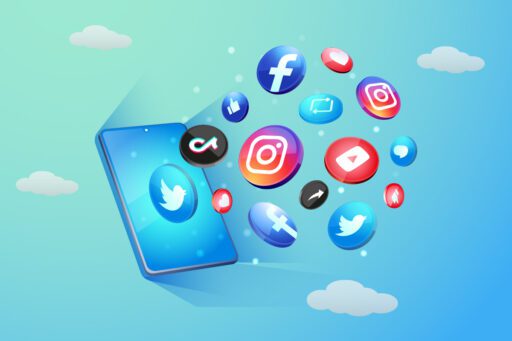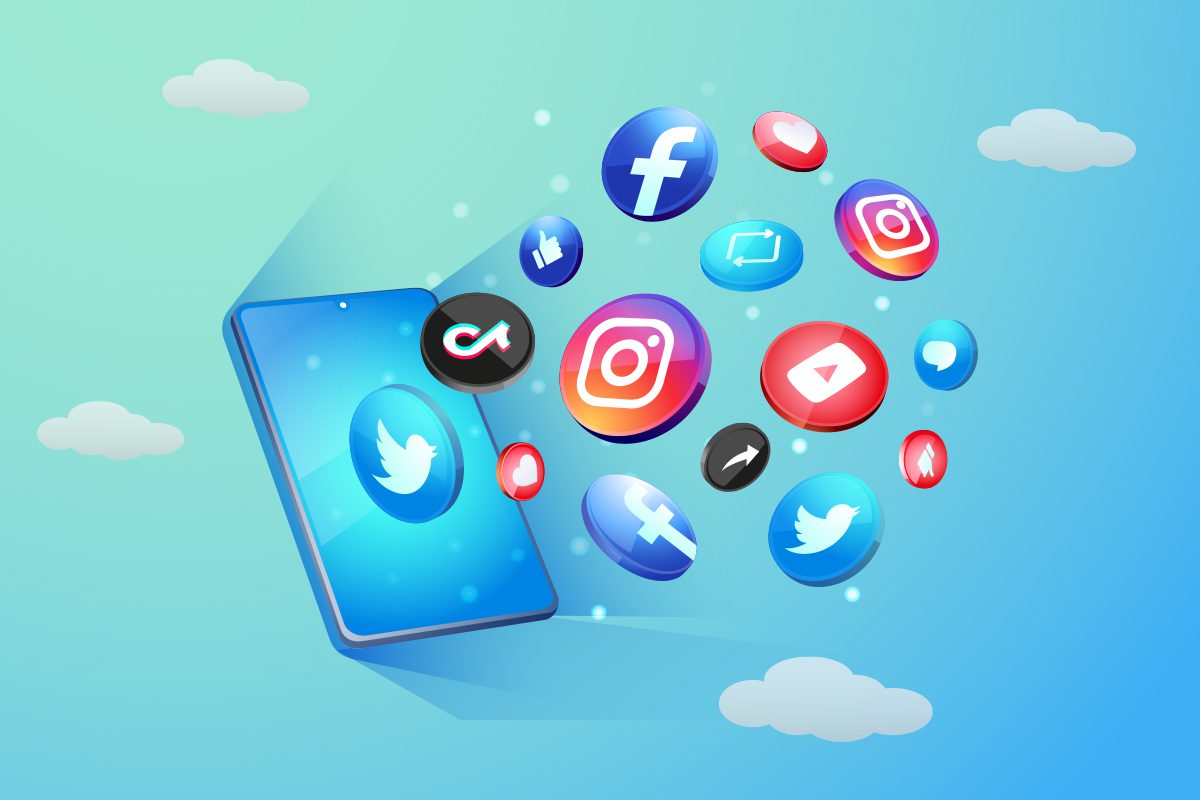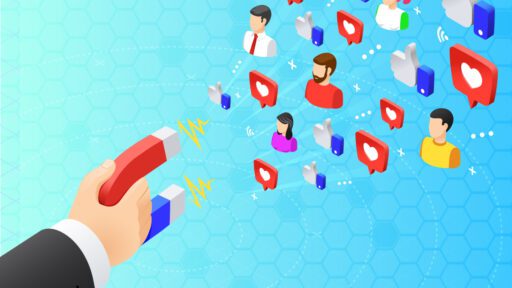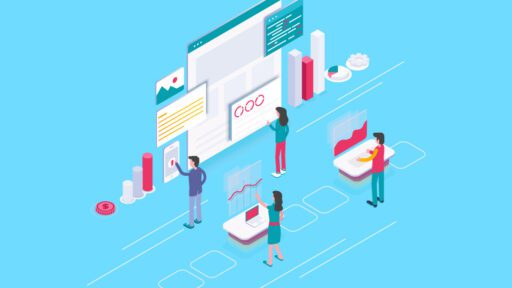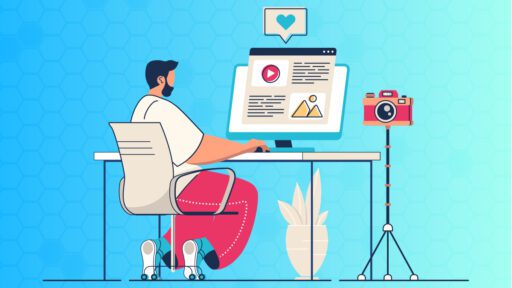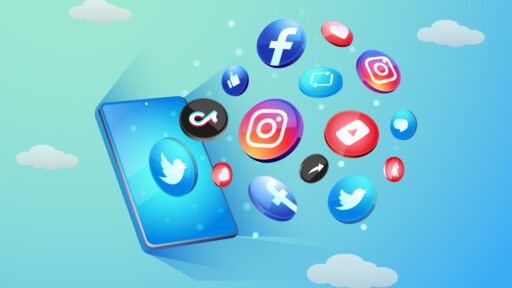Social media has become an integral part of our lives, connecting us to people, information, and businesses around the world. While it offers numerous benefits, it also comes with its challenges. Understanding both the advantages and disadvantages of social media can help users navigate these platforms wisely, whether for personal use or business purposes.
The Impact of Social Media: Pros and Cons
Social media has transformed the way we communicate, work, and connect with others. While it offers numerous benefits, it also comes with challenges that can impact both individuals and businesses.
10 Advantages of Social Media
Social media has transformed the way we communicate, connect, and grow. It offers numerous benefits, from staying informed to building relationships and promoting businesses.
1. Global Connectivity
Social media bridges geographical boundaries, allowing people from different parts of the world to connect instantly. It fosters cultural exchanges, helps share ideas, and builds a sense of global community.
2. Business Promotion
Businesses use social media to showcase their products and services to a wide audience. It also provides tools for analyzing customer preferences, improving engagement, and driving growth.
3. Access to Information
Social media provides real-time access to news, trends, and educational content. It encourages learning and keeps users updated on diverse topics and global events.
4. Networking Opportunities
Professionals can connect with like-minded individuals and industry experts through platforms like LinkedIn. These networks lead to collaborations, mentorships, and opportunities for career growth.
5. Instant Feedback
Social media allows businesses and individuals to receive immediate feedback on their posts, products, or services. This two-way communication strengthens relationships and builds trust.
6. Cost-Effective Advertising
Advertising on social media is affordable compared to traditional methods. Targeted campaigns and analytics increase the maximum reach and efficiency of businesses.
7. Support Communities
Social media platforms create spaces for people to come together and support one another. These communities promote shared understanding, emotional well-being, and mutual growth.
8. Content Sharing
Social media makes it easy to share content like photos, videos, and articles with a global audience. It also promotes collaboration, enabling people to co-create and exchange ideas effortlessly.
9. Real-Time Updates
Social media keeps users informed about real-time events, from breaking news to live updates on personal milestones. This immediacy makes sure that people stay connected and never miss important moments.
10. Entertainment
Social media is a hub for entertainment, offering access to videos, memes, music, and games. It also introduces users to diverse cultures and creative trends worldwide, keeping them engaged.
10 Disadvantages of Social Media
While social media offers numerous benefits, it also has its downsides. Overuse and misuse of these platforms can lead to negative effects on mental health, productivity, and relationships. It is important to be aware of these challenges to use social media responsibly and mindfully
1. Privacy Risks
Social media platforms often require users to share personal information, which can lead to privacy risks. Hackers, advertisers, and even other users may exploit this data for malicious purposes. Additionally, many people unknowingly share too much information, making themselves vulnerable to identity theft or scams. It’s essential to be cautious and review privacy settings regularly.
2. Cyberbullying
Social media has become a common platform for cyberbullying, where individuals can be targeted with harmful messages or threats. The anonymity offered online often emboldens people to behave in ways they wouldn’t in person. This can lead to emotional distress, depression, and, in severe cases, long-lasting psychological harm. Education and awareness are key to preventing such behavior.
3. Addiction
Social media addiction has become a growing concern, as people spend excessive amounts of time on platforms. This can interfere with daily responsibilities, work, and personal relationships. Constant notifications and the urge to check feeds can create a cycle that is hard to break, leading to decreased productivity and a lack of real-world connections.
4. Misinformation
Social media is a breeding ground for misinformation, where false or misleading content can spread quickly. Unlike traditional media, social media platforms often lack proper fact-checking systems, allowing rumors and unverified news to go viral. This can lead to confusion, poor decision-making, and even harm if people believe and act on incorrect information.
5. Mental Health Issues
Excessive use of social media has been linked to mental health problems such as anxiety, depression, and low self-esteem. Constant comparison to others, online criticism, and the pressure to maintain a perfect image can contribute to these issues. Social media’s curated content often creates a false sense of reality, which can negatively affect users’ emotional well-being.
6. Reduced Face-to-Face Interaction
Spending too much time on social media can lead to reduced face-to-face interactions with family, friends, and colleagues. This shift can weaken personal relationships and social skills, making it harder for individuals to connect meaningfully in real life. Real-life communication is essential for building trust and emotional connections, which social media cannot fully replace.
7. Time Wasting
Social media can easily become a time sink, where hours are spent scrolling through feeds with little productive outcome. This time-wasting behavior can take away from more important tasks, such as work, studying, or spending quality time with loved ones. Users often lose track of time while engaged in endless browsing, leading to decreased time management and focus.
8. Unrealistic Expectations
Social media often showcases idealized versions of people’s lives, leading to unrealistic expectations. Filters, edited photos, and carefully crafted posts create an image of perfection that may make others feel inadequate or dissatisfied with their own lives. This can contribute to feelings of envy, low self-worth, and dissatisfaction with personal achievements.
9. Loss of Productivity
Social media can significantly reduce productivity, especially in work or school environments. Constantly checking updates, responding to messages, and getting distracted by notifications interrupts focus and task completion. This leads to a lack of efficiency, affecting both personal and professional outcomes.
10. Exposure to Inappropriate Content
Social media platforms can expose users to harmful or inappropriate content, including violence, explicit material, or disturbing images. While platforms often try to filter such content, some may still slip through, especially for younger or more vulnerable users. This exposure can negatively affect mental health, behavior, and the way individuals perceive the world around them.
Conclusion
Social media is a powerful tool that can help individuals and businesses grow, stay connected, and reach a wider audience. However, it also comes with its drawbacks, including potential privacy risks and distractions. By weighing both the pros and cons, users can make more informed decisions about how they engage with social media platforms.
FAQs:
1. What are the main benefits of social media for businesses?
Social media allows businesses to connect with a wider audience, build brand awareness, and engage with customers directly. It’s a cost-effective way to promote products or services.
2. How can social media affect mental health?
While social media can help people stay connected, excessive use can lead to feelings of loneliness, anxiety, or depression due to comparison, cyberbullying, or constant exposure to negative content.
3. Can social media improve customer service?
Social media allows businesses to offer customer support quickly, respond to inquiries in real-time, and resolve issues publicly or privately, leading to better customer satisfaction.
4. Is privacy a concern on social media platforms?
Social media platforms can pose privacy risks as personal information may be shared or leaked. It’s important to be cautious about what you share and to adjust privacy settings regularly.

